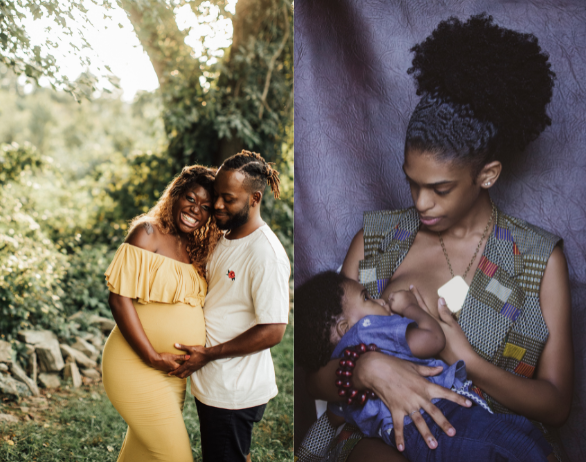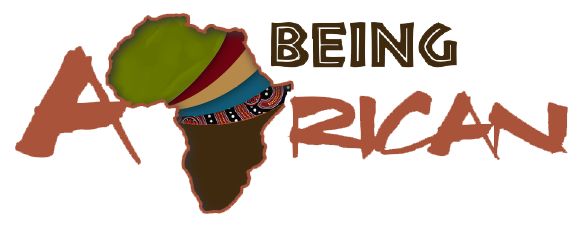
Ndebele Pregnancy Practices
NDEBELE PREGNANCY PRACTICES
The Ndebele (of Zimbabwe), just like all other tribes discussed, do attach a lot of respect and value to the concept of pregnancy. It is so because they also attach very high standards to the institution of marriage to groom children into responsible adults and to maintain (and protect) the child’s bloodline. For this reason, therefore, this write-up will look at Ndebele pregnancy practices on two fronts:
- Pregnancy in wedlock: falling pregnant in wedlock is a welcome and usually eagerly awaited occurrence for a newly wedded couple. In other words, the Ndebele prefer that their daughters fall pregnant after marriage. When the married couple realizes that the bride is pregnant, there are several steps and procedures to be followed:
- Announcing a Pregnancy; Imbudzi Yokhu Binga Isisu– as soon as the wife informs the husband of the pregnancy, tradition requires that the husband goes to his wife’s mother (parents) to inform them of the pregnancy. He, however, has to bring with him a female goat to be slaughtered and eaten by both the wife’s parents. The symbolism around this goat is firstly to “strengthen’ the mother’s back.” Note here that the Ndebele people believe that not slaughtering this goat will make the wife’s mother weak, and she might “break her back” as a result. So, strictly speaking, one might say that this goat is partly ritualistic. In eating this goat, the mother and father can also invite other family elders, who will use the time to educate the expectant mother on ways to take care of the pregnancy and, eventually, the child.
- Secondly (for some families), during the first and second trimester of pregnancy, there are herbal mixtures given to the expectant mother as supplements to help strengthen her body and eventually prepare her for delivery. Skilled elderly women in the family prepare this mixture.
- Ukubvula Ndlela: literally translated-“opening the path/road.” It is a stage during the second trimester of the pregnancy where the expectant mother has to go through massage therapy. This massage specifically targets the private parts, the idea being to exercise the muscles in readying them for childbirth. For the Ndebele, it is considered a token of bad omen when a lady tears her body during delivery- so this is to avoid such a possibility, and it is carried out until the final days of the pregnancy.
- Waiting for childbirth- 3rd trimester: as the days come closer to delivery, it is required in the Ndebele culture that the husband takes his wife to her mother’s house, where she will give birth under the care and guidance of her experienced mother (and other aunts). The husband is also expected to bring two goats this time, and they are meant for the up-keeping of the new mother and those that take care of her (usually her mother). The goats must be of different sexes. They usually slaughter the female goat to welcome the newborn into the world. This goat is slaughtered for celebration purposes so that all family members can partake in the festivities. They will keep the second goat for the mother’s upkeep after birth, feeding her to boost milk production for the infant’s growth.
- After Birth; Ukuco lewa: this happens two to three weeks after the child’s birth, and it is when the father’s family comes in to see the baby for the first time. During this time, the father’s family will observe the child carefully to confirm if it’s really theirs. They usually look for similarities and other ‘birth marks’ found in their bloodline. Another important aspect of this visit is that the groom’s family will also be expected to decide whether the newborn and his or her mother remain with the bride’s mother or moves back to the in-laws.
MARRIAGE OUT OF WEDLOCK: Like all other Nguni/Bantu tribes, the Ndebele attach value to pregnancies after marriage. A child that falls pregnant before marriage is more often seen as a shame upon her parents. If one falls pregnant out of wedlock, it is Ndebele tradition for the girl’s aunt and uncle to inquire from their niece who impregnated her. Upon the girl informing them of the child’s father, the uncle and aunt will take the pregnant girl to the impregnator’s parents’ house and leave her there. Culture and tradition dictate that the boy’s parents cannot, under any circumstances, chase her out, even if their son disagrees with the pregnancy. Accepting the pregnant girl symbolizes that for the Ndebele, pregnancy and childbirth are expected to result from a committed relationship and not just lust. Lastly, it is important to note that the Imbudzi yokhu binga Isisu is not needed when the pregnancy is out of wedlock. After childbirth, the next step is for the man to start paying lobola and the impending damages (associated with impregnating someone before marriage).
